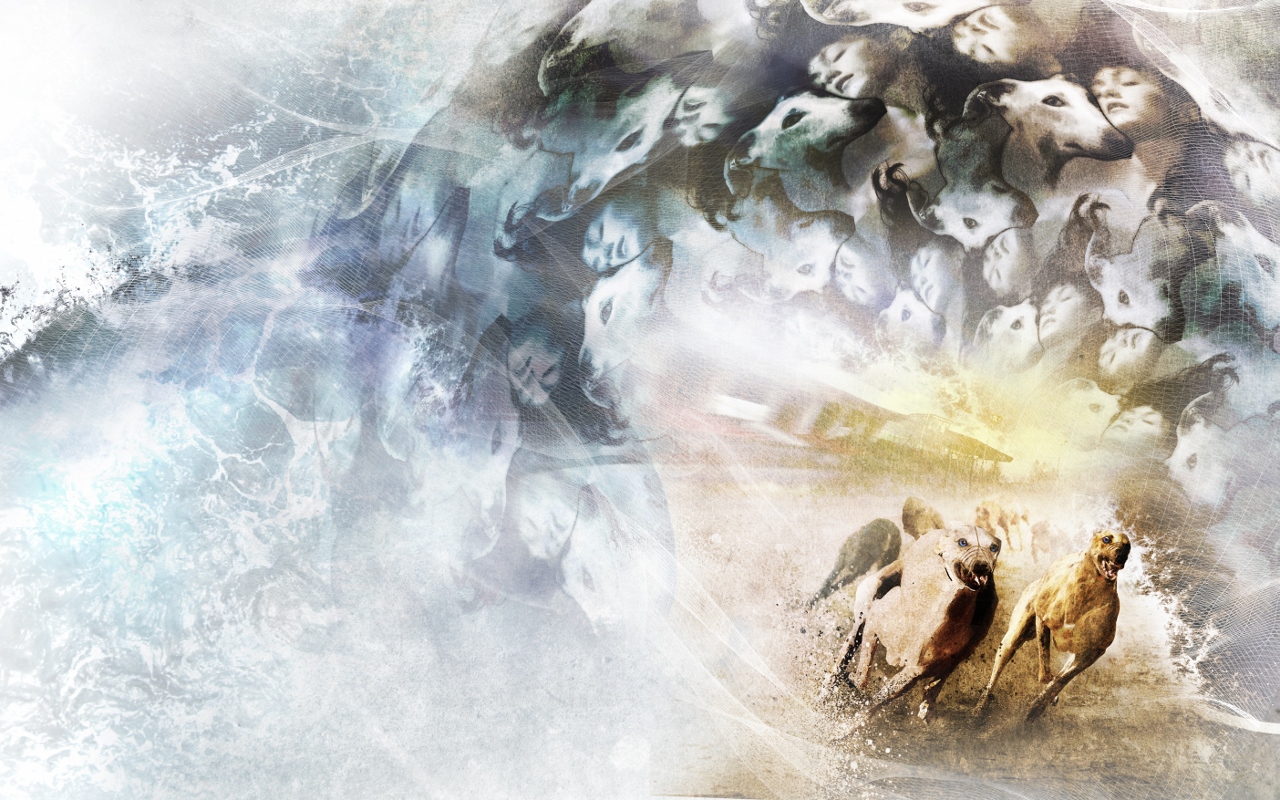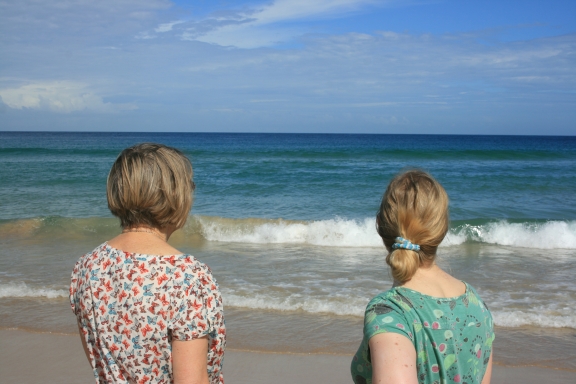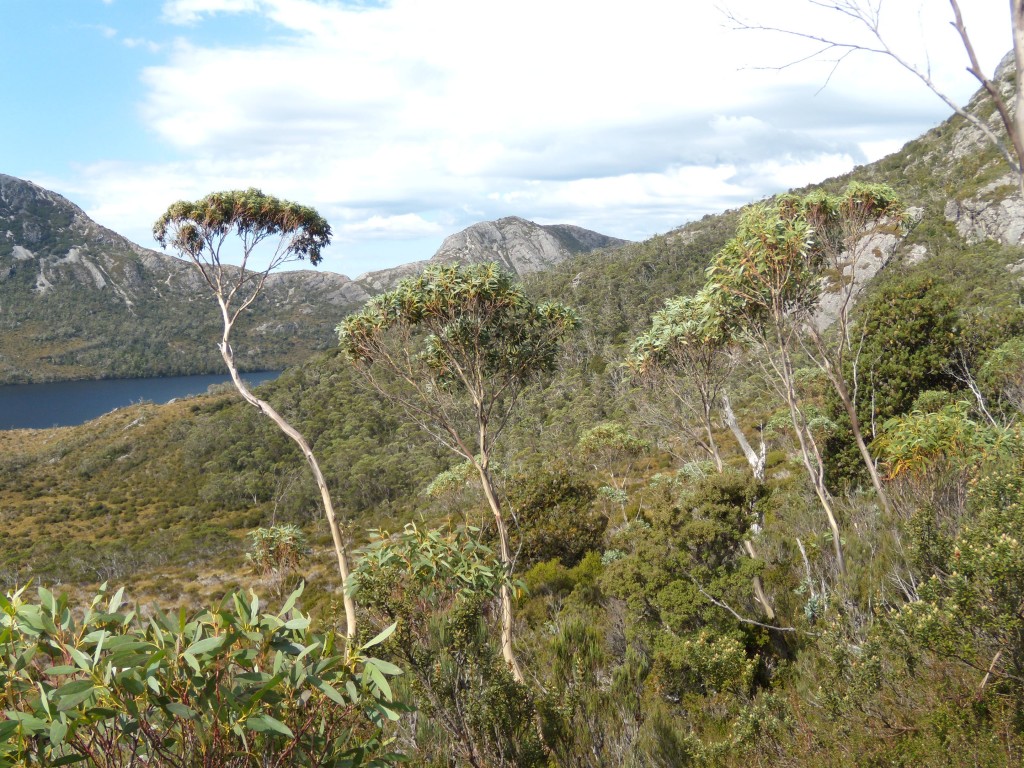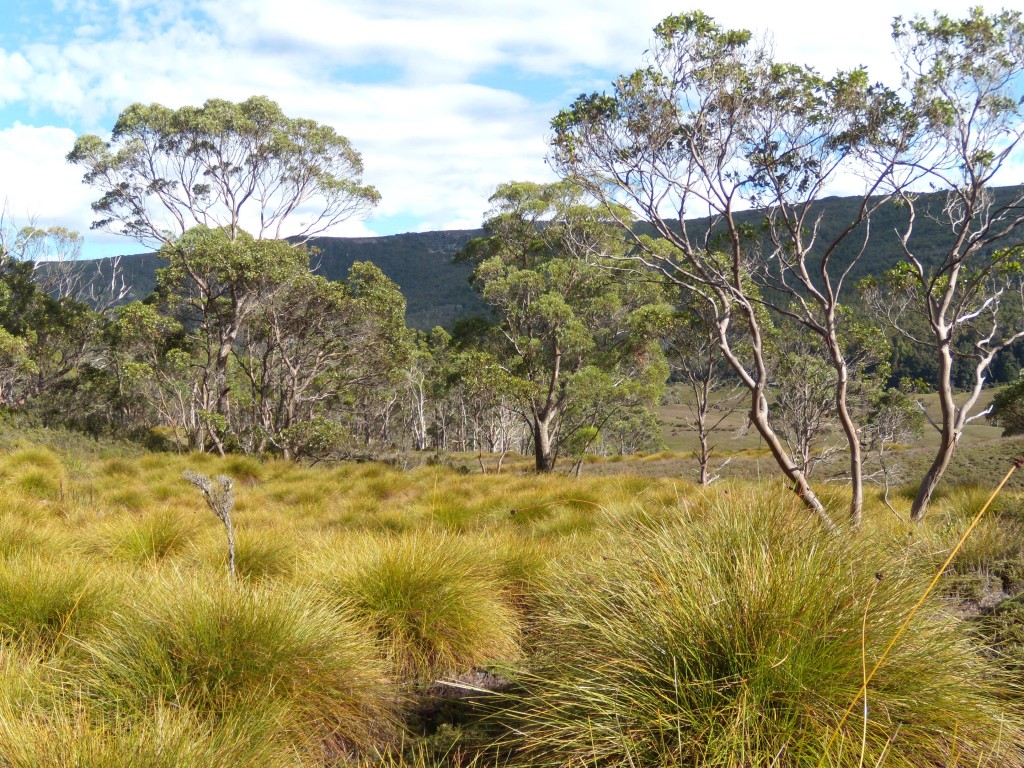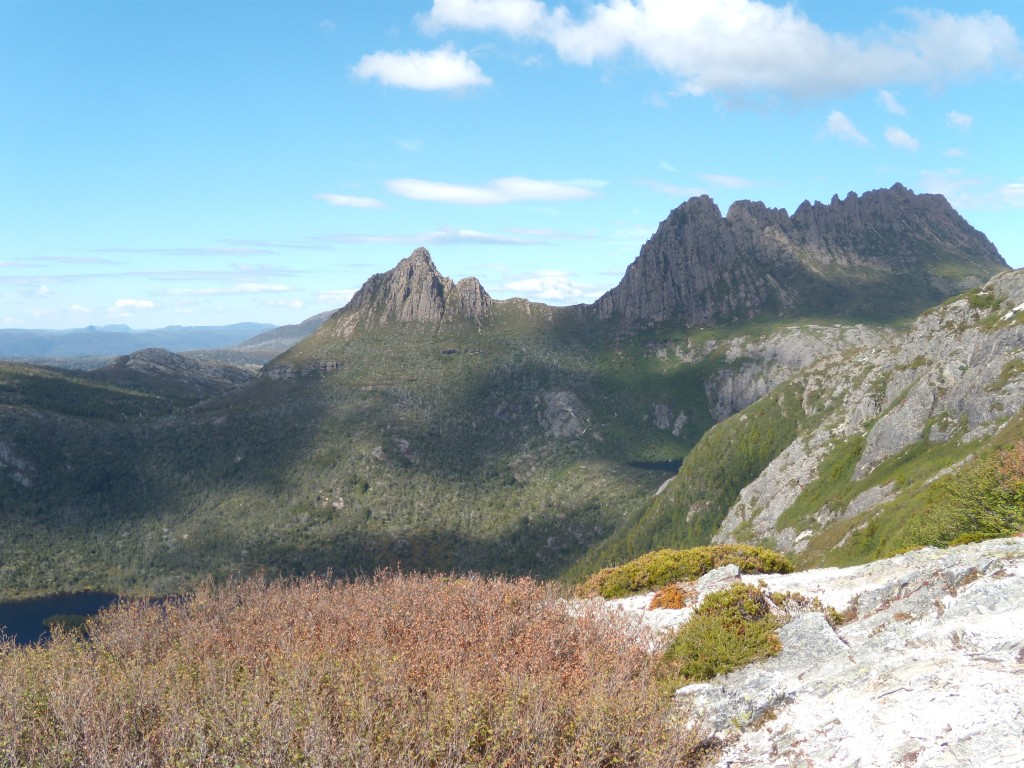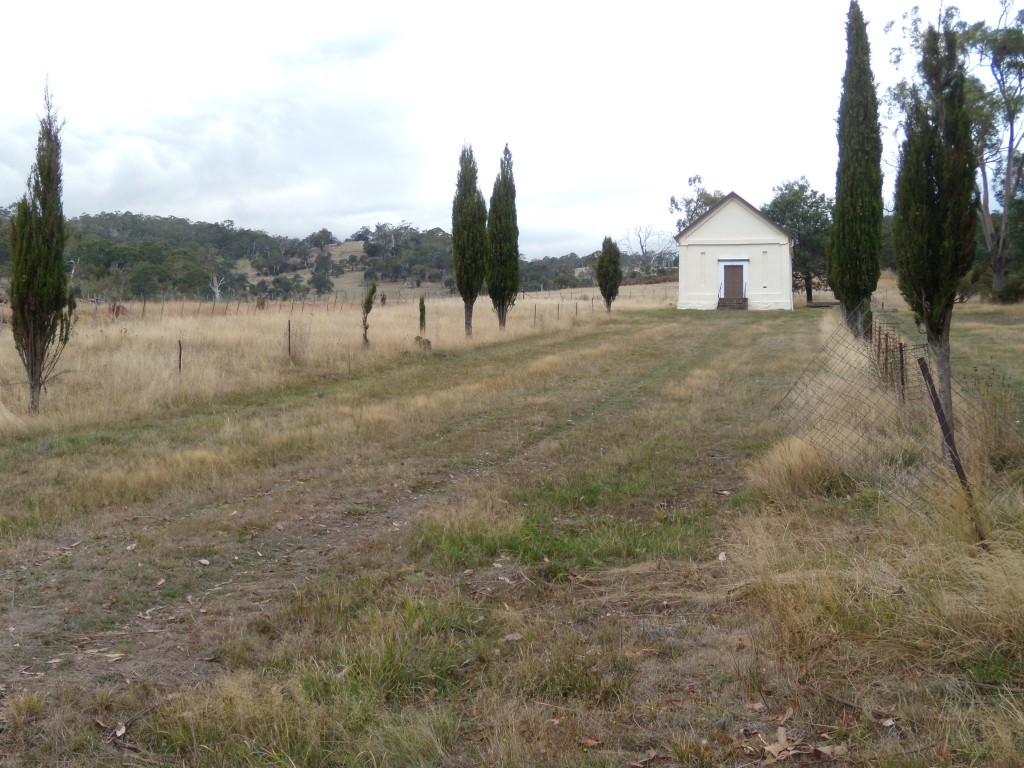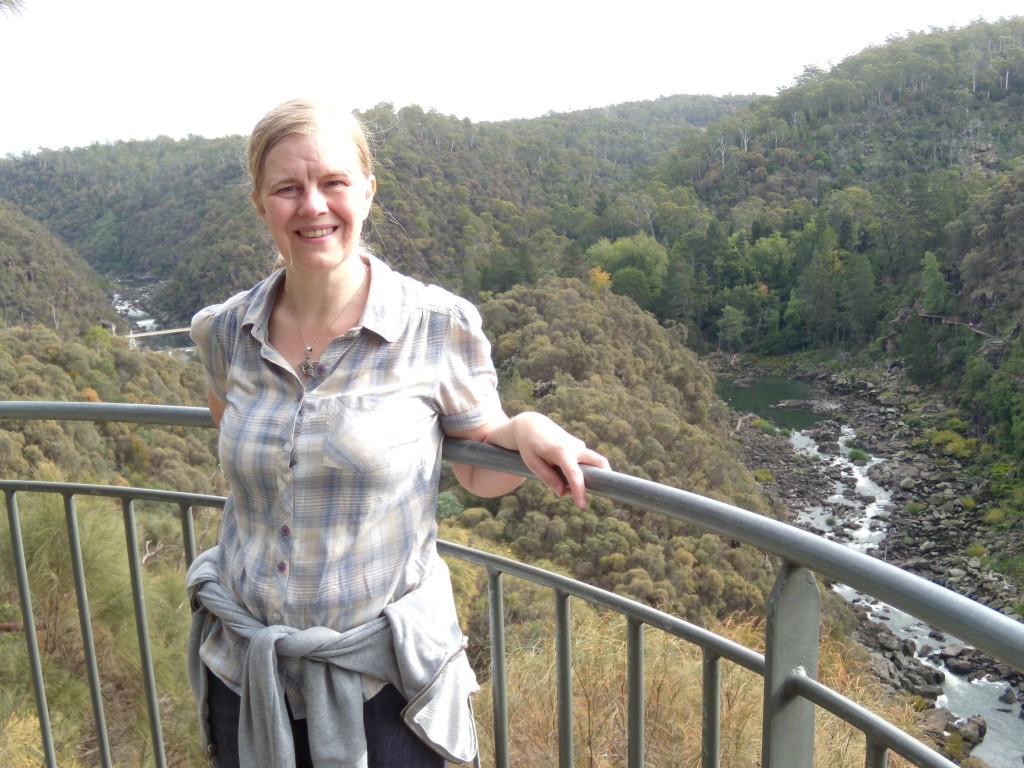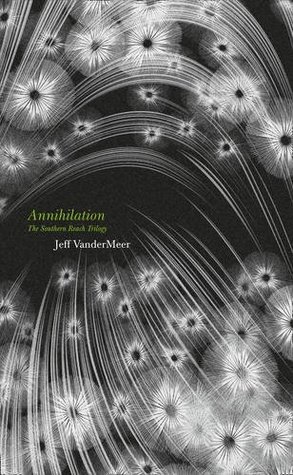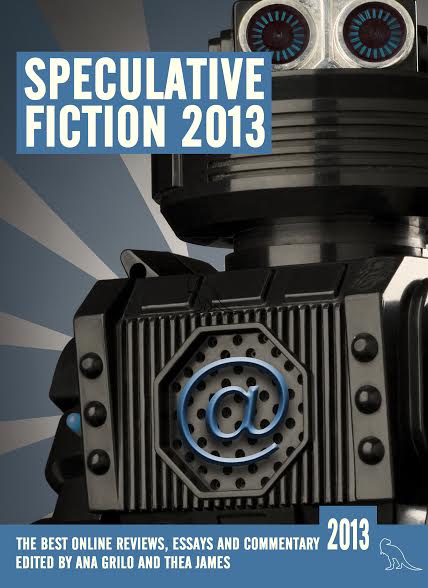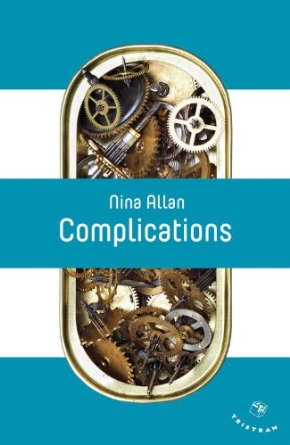Getting around to this has been a problem. Not because I don’t enjoy compiling nominations lists, because (as everyone who knows me knows) I do. Partly it’s that we’ve been so busy in recent weeks (more updates to follow in due course) that I’ve not had the time to give this ballot the full attention I feel it deserves. There’s also the fact that the more time passes, the more doubts I seem to accrue about the process in general. I’m not about to go off on a massive anti-Hugo rant – my general position on awards is that anything that gets people discussing, enthusing and arguing about books is bound to have more good in it than bad, and as for the Jonathan Ross thing, enough already – it’s just that I’m all too aware of how little I’ve read of what’s actually available. In the fields of short fiction particularly, my percentage coverage is lamentable. It follows from this that I’ll be voting for some works I think are good, rather than those works I know (through exhaustive reading) are at the top of the field. I know I’m no different in this from the vast majority of voters – but what it means, inevitably, is that the same small pool of works tend to enjoy a disproportionate amount of publicity, while other, equally fine and perhaps better works slip through the voting net.
I don’t like this state of affairs, and I don’t think it’s good for the field. I’m not sure what can best be done, but for now I’m going to let the rest of fandom go on arguing about it on my behalf. Time is running short, and if I’m going to nominate I need to get my ballot sorted pretty much now.
Maybe by next year I’ll have found a way of solving the various nomination dilemmas (yeah right). Until then, for what it’s worth, here’s my Hugo ballot for 2014:
Best Novel
MaddAddam – Margaret Atwood. Go read Adam Roberts’s review at Strange Horizons if you want to understand my reasons for nominating this heavily flawed, unique work of science fiction. Atwood should be celebrated, in my opinion, as a jewel in SF’s crown. So she doesn’t properly understand the nomenclature, so what?? She can write, by God.
The Accursed – Joyce Carol Oates. The fifth instalment in Oates’s decades-spanning loosely connected ‘gothic’ series. Oates is a genius, and I don’t use the word lightly. She should win everything.
The Adjacent – Christopher Priest. My favourite science fiction novel of 2013, bar none.
A Stranger in Olondria – Sofia Samatar. I think Samatar’s work is remarkable, full stop. Her command of language is superlative. She is a joy to read.
The Machine – James Smythe. I know I keep going on about this one, but it really is that good!
Best Novella
Memory Palace – Hari Kunzru. I’m nominating the text, not the exhibition. 10,000 words of top notch SF: radiantly alive, radical, a showpiece of the novella form.
Iseul’s Lexicon – Yoon Ha Lee. One of the most original, accomplished and compelling voices in SF today.
Dogs with their Eyes Shut – Paul Meloy. I’ve loved Meloy’s work ever since I stumbled across his collection Islington Crocodiles, which should have won every ‘Best Collection’ award going in its year of publication. My only problem with Meloy is that he doesn’t write enough!
Burning Girls – Veronica Shanoes. I came across this while I was reading for my Short Fiction Snapshot feature at Strange Horizons. My only reason for not selecting it was that it was too long to fit the format. It’s a remarkable work.
Six-Gun Snow White – Catherynne Valente. I love the way this is told, but then Valente is always amazing, so what did I expect? Wonderful work.
Best Novelette
‘Paranormal Romance’ – Christopher Barzak. I love Barzak’s voice, his tendency towards metafiction. He’s just a very good writer, and should be more widely appreciated.
‘The Truth of Fact, the Truth of Feeling’ – Ted Chiang. I love Chiang’s documentary approach, the way his words, and his worlds, sneak up on you. I also love stories about writing, about language. A damn fine writer.
‘Cave & Julia’ – M. John Harrison. The best short fiction of 2013. Period.
‘The Prayer of Ninety Cats’ – Caitlin R. Kiernan. I love everything Kiernan writes, and this is a classic.
‘Meet the President’ – Zadie Smith. Clearly out of the same mindset, stylewise, as her novel NW, Smith’s novelette is weird, spiky, interesting. Smith’s recently expressed interest in writing science fiction was greeted with the usual chorus of doubt from certain sections of fandom, Surely a writer like this should be encouraged??
Best Short Story
‘A Visit to the House on Terminal Hill’ – Elizabeth Knox. I wrote about this for my Short Fiction Snapshot feature at Strange Horizons and it has stayed with me ever since. I love Knox’s knowingness, her effortless command of genre tropes, and I love this story.
‘The 9th Technique’ – China Mieville. Distributed as a chapbook to members of the 2013 World Fantasy Convention as an ‘apology’ for his non-attendance, this is a story that deserves wider exposure. Written in a terse, tense prose that feels more pared down than Mieville’s more familiar high baroque but that is equally (if not more) compelling, I found it extraordinary, and wished it had gone on for longer.
‘Selkie stories are for Losers’ – Sofia Samatar. Loved this story. It’s a wonderful introduction to Samatar’s richly textured, evocative prose.
‘Selected Program Notes from the Retrospective Exhibition of Theresa Rosenberg Latimer‘- Kenneth Schneyer. I discovered this via Rachel Swirsky’s invaluable annual Short Fiction Recommendations and I’m so glad I did. Like Rachel, I like the art stuff, which is brilliantly done. Love it, wish I’d written it.
‘The Shoot-Out at Burnt Corn Ranch over the Bride of the World’ – Catherynne Valente. Another one I discovered while reading for the Short Fiction Snapshot. For me, it seemed too good to spoil by trying to write about it.
Best Collection
North American Lake Monsters – Nathan Ballingrud. I’ve not read all the stories in this volume, but I’ve read enough to know how much I admire what Ballingrud is doing. Wonderful stuff.
The Ape’s Wife – Caitlin R. Kiernan. For me, Kiernan is one of the very finest writers working today, in any genre, period. Everything of hers I read, I wish I’d written.
Conservation of Shadows – Yoon Ha Lee. I just love these stories, and most especially the original forms many of them take. Maths, science, music, warfare – what more could you ask for in a collection? Lee’s command of language and imagery feels effortless and exhilarating. A wonderful discovery.
The Story Until Now – Kit Reed. I was put in the way of this volume by Paul Kincaid via Strange Horizons. Reed is one of those writers who seems criminally underappreciated.
How the World Became Quiet – Rachel Swirsky. And finally, a collection from Swirsky! Swirsky has a flawless poetic touch I’ve always envied, combined with pure, natural storytelling ability. Many of these mini-novels are just breathtaking.
Best Anthology
Queen Victoria’s Book of Spells – Datlow/Windling. Some fine writers, some fine stories. I do find that my taste in SFF often coincides with Ellen’s, and so it’s no surprise that I always enjoy her anthologies.
Rustblind and Silverbright – David Rix. The fact that I have a story in this anthology has nothing whatsoever to do with my nomination. I’m nominating Rustblind because I love David’s concept. This is a properly themed anthology, beautifully arranged and considered, and amounting to so much more than many of the usual kind of ‘rag bag’ reprint anthologies. This project was a genuine labour of love for David, and deserves far wider notice.
The Lowest Heaven – Shurin/Perry. Great concept, and includes stories from some of my favourite new writers.
Best Related Work
The Transgressive Iain Banks – Colebrook/Cox
Here Be Dragons – Stefan Ekman
Speculative Fiction 2012 – Shurin/Landon
Wonderbook – Jeff VanderMeer
Afrofuturism – Ytasha L. Womack
For the most part, shamefully, I’ve only sampled bits and pieces of all of these. But I think the Best Related Work category is important, and unfairly neglected, and the above works all seem, for their various reasons, worthy of notice.
Best Dramatic Presentation (short form)
Another category where I feel inadequate to nominate. I love genre TV (it’s a favourite means of relaxation) but am so woefully behind on it my opinions are mostly valueless. We’re working our way through Fringe at the moment – lamentable, but such good fun I can’t resist it (although Chris most certainly could) – so you see how out of synch we are with the rest of fandom. Anyway, I’m nominating the below because (I confess!) I loved it, even if the appalling Christmas episode did its best to wipe all my good DW feelings off the map forever.
The Day of the Doctor
Best Dramatic Presentation (long form)
I found myself very disappointed by genre film in 2013. I don’t like franchises in any year, which always cuts down my choices in any case. Perhaps my biggest sad surprise though was how much I disliked Shane Carruth’s Upstream Color (and for the record, I loved Primer). I’ve seen UC compared with late Malick, to which I would reply: yes, and that’s precisely the problem (have you seen To The Wonder? If not, you’ll find it in the dictionary under Self Indulgent). By far my favourite pure genre film in 2013 was Neil Jordan’s vampire movie Byzantium, which seemed to me to be the perfect small film. Other than that, I’m clutching at straws.
An Adventure in Space and Time
Byzantium
The East
Best Semiprozine
Strange Horizons. Because it rocks. Because the reviews section is second to none, because it actively seeks to encourage diversity across all areas and because its commitment to supporting and furthering excellence in SFF today is unquestioned. It’s largely because of Strange Horizons that I became interested in online fandom in the first place.
Interzone. Because it will always mean so much to me, and to British SF.
Los Angeles Review of Books (science fiction section). For publishing some of the most engaging and in-depth SF criticism around. I love this mag.
Lightspeed. A wonderful source of new fiction. Superb magazine.
The Cascadia Subduction Zone. Unique. Beautiful. Serious. Should be way better known.
Best Fanzine
The Book Smugglers
Pornokitsch
SF Mistressworks
SF Signal
The Speculative Scotsman
Best Fan Writer
Abigail Nussbaum. For me, Abigail is in a class of her own at the moment. She writes with all the passionate enthusiasm and insider knowledge of the true fan, whilst combining these assets with the erudite articulacy of a professional critic. Abigail’s pieces are a joy to read, and whether I wholly agree with her opinion of a book, story or argument or not, she always leaves me with something to think about, some new angle to check out. I’m in awe of her knowledge and her skill. She absolutely deserves a Hugo, and her shortlisting is long overdue.
For my other nominations in this category, I’m going for writers I always love reading, people who speak their minds – usually in gloriously entertaining fashion – whilst displaying the objectivity and core knowledge necessary to a rigorous and reasoned argument and without recourse to lazy ad hominems. (Anyone who resorts to ad hominems, ever, is going to have to work pretty hard to make me find lasting value in their offerings.) Here are four great fan writers whose reviews, postings and comments I always look forward to and wish there were more of:
Liz Bourke
Kameron Hurley
Martin Lewis
Jonathan McCalmont
Best Editor – Short Form
John Joseph Adams
Andy Cox
Ellen Datlow
Michael Kelly
Ian Whates
John W. Campbell Award for Best New Writer
Helen Marshall
Sofia Samatar
E.J. Swift
Enough said.
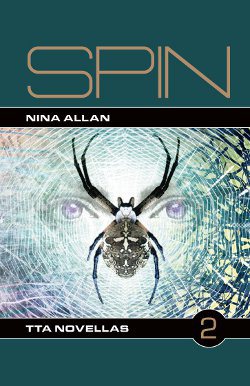 The last half hour has brought me emails and phone calls from various lovely people currently at Eastercon, with the news that my novella Spin has won the BSFA Award for Best Short Fiction. To say I am thrilled, honoured and utterly gobsmacked would be an understatement. This post is just to thank everyone who voted for Spin. I feel deeply touched that members of the BSFA and of Eastercon – my home team! – have granted my work this fine accolade. I’m just sorry I couldn’t be in Glasgow to celebrate the award in person.
The last half hour has brought me emails and phone calls from various lovely people currently at Eastercon, with the news that my novella Spin has won the BSFA Award for Best Short Fiction. To say I am thrilled, honoured and utterly gobsmacked would be an understatement. This post is just to thank everyone who voted for Spin. I feel deeply touched that members of the BSFA and of Eastercon – my home team! – have granted my work this fine accolade. I’m just sorry I couldn’t be in Glasgow to celebrate the award in person.